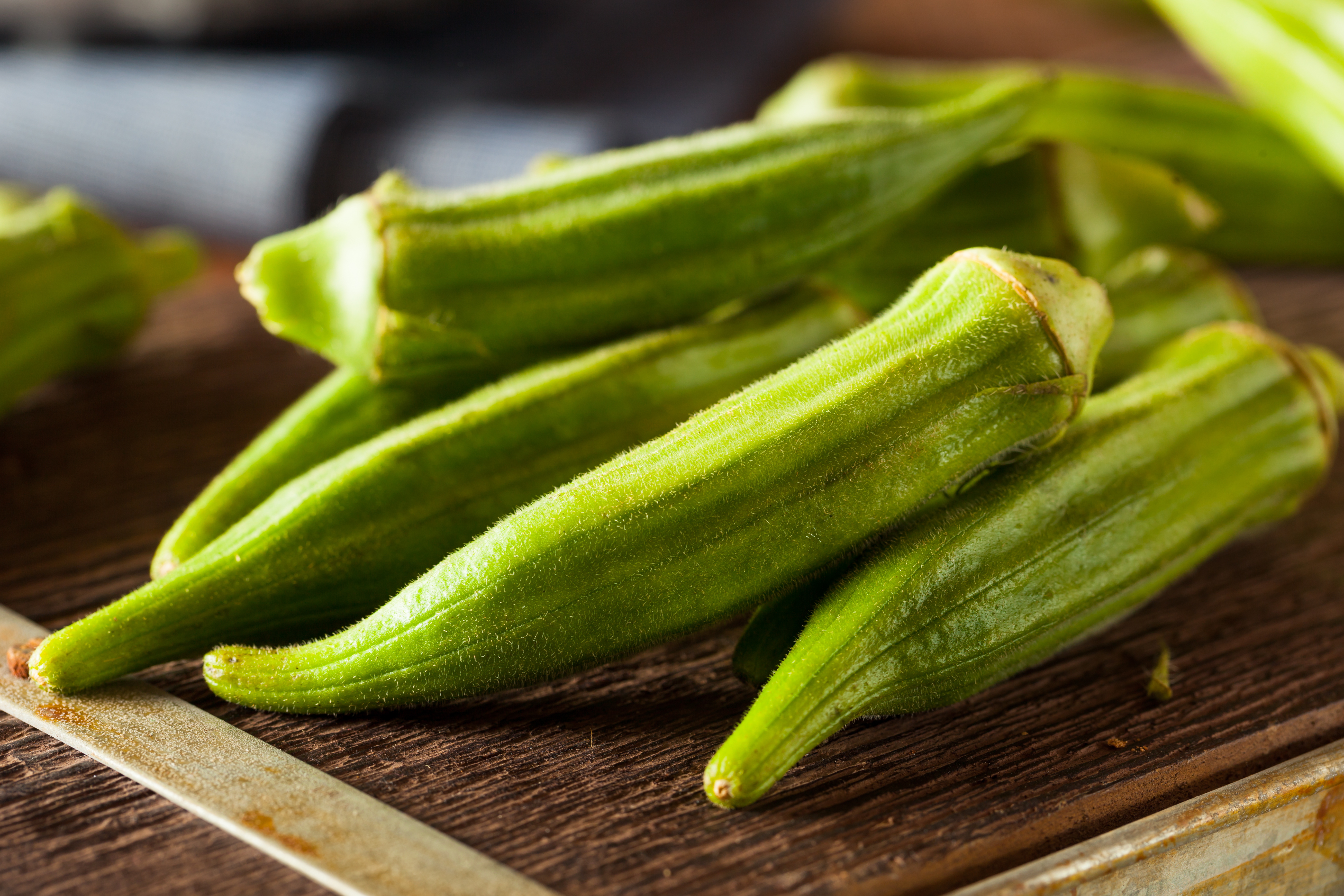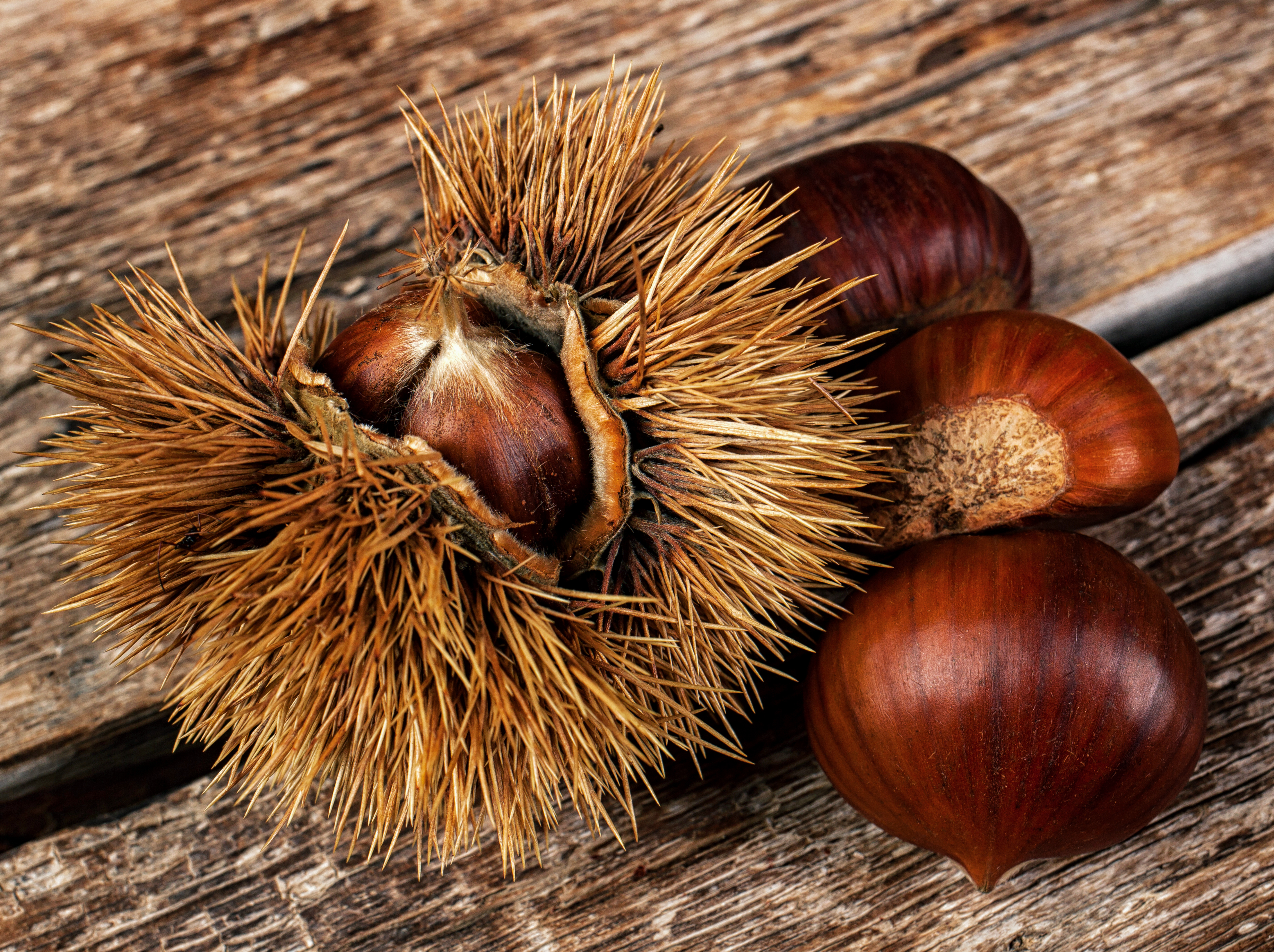Foods That Naturally Support Collagen Without Supplements
57. Okra: The Mucilaginous Soother

This often-misunderstood vegetable holds a unique secret for joint and skin health: its mucilage (the slimy substance). This mucilage, along with its fiber content, may provide a natural lubricating effect for joints and aid in reducing friction, potentially alleviating discomfort. Okra is also rich in Vitamin C and antioxidants that combat oxidative stress. Enjoy it stewed, grilled, or roasted (which reduces sliminess). Okra provides a distinctive, subtle way to support collagen integrity and reduce inflammation through its unique biochemical properties, making it an excellent addition to your list.
58. Chestnuts: The Lighter Nut with Vitamin C

Unlike other nuts, chestnuts are a unique, low-fat nut that are an excellent source of Vitamin C, a crucial nutrient for collagen synthesis. They also provide manganese and copper, two trace minerals that are essential cofactors for the enzymes that produce and stabilize collagen. Roasted, boiled, or pureed into soups, chestnuts offer a uniquely starchy, sweet flavor that complements winter dishes. For those who find regular nuts too heavy or oily, chestnuts provide a lighter, nourishing option with anti-inflammatory benefits perfect for a collagen-friendly diet.
